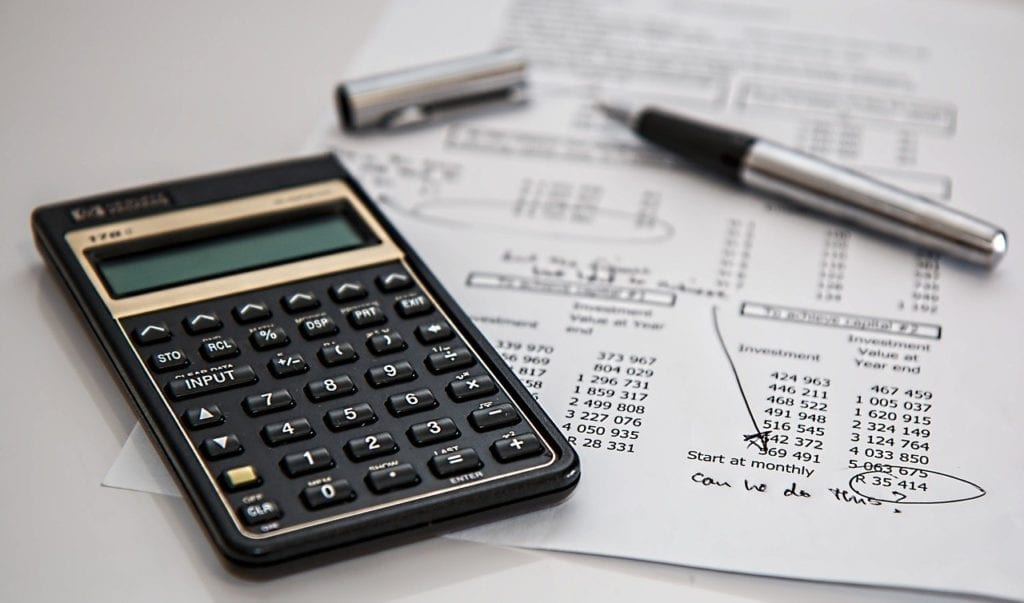While many people still work as an employee at a small, medium or large company, it is becoming increasingly popular for people to be self-employed. This is especially true in the UK, where the number of self-employed people has been growing steadily over the last decade-plus.
Being self-employed can offer several benefits from greater freedom to do what you want in life, to being your own boss and controlling your own destiny. While it might seem difficult to some, there are a ton of tools and technologies that can make life as a self-employed person easier. For example, you can get quick and easy business banking from Amaiz, which can make managing your money and budget much simpler.
However, you want to be sure to do everything by the book when it comes to working for yourself. That means registering as self-employed, paying the right taxes and a variety of other things like that. With that in mind, this article is going to look at all you need to know when it comes to registering as self-employed in the UK.
Check to Make Sure You Qualify as Self-Employed
Before registering, you need to make sure that you qualify as a self-employed individual. Thankfully, there is an Employment Status Tool that can help you figure out whether you qualify as self-employed or not. The tool will help you see not only how the HMRC will treat you, but also your employment status. Even if you are quite sure of your status, using the tool is a good place to start to make sure.
Also, in addition to making sure your work qualifies, you also need to make sure it’s right for you. While being self-employed can offer several benefits, it can also be quite difficult at times. You need to put the time into considering the pros and cons before you ultimately decide whether this is right for you or not.
Register for Taxes


After registering online, you will receive a letter from the HMRC that will give you a UTR (Unique Taxpayer Reference) and you can activate your online account. While the registration process is standard for most people, this isn’t always the case. For example, if you are in construction or are a fisherman, the registration will need to be done a different way, so keep that in mind.
Know What it Expected Of You


These are kept not only to help you file tax time, but also in case you are audited and need to prove what you have included in your filed taxes. If you mess something up when filing taxes, or don’t keep the right records, you could find yourself in a lot of trouble. In general, these records should be kept and stored safely for 5 years, at least.
In conclusion, we hope that this article has been able to help you learn how to register as self-employed in the UK.








Leave a Reply
View Comments